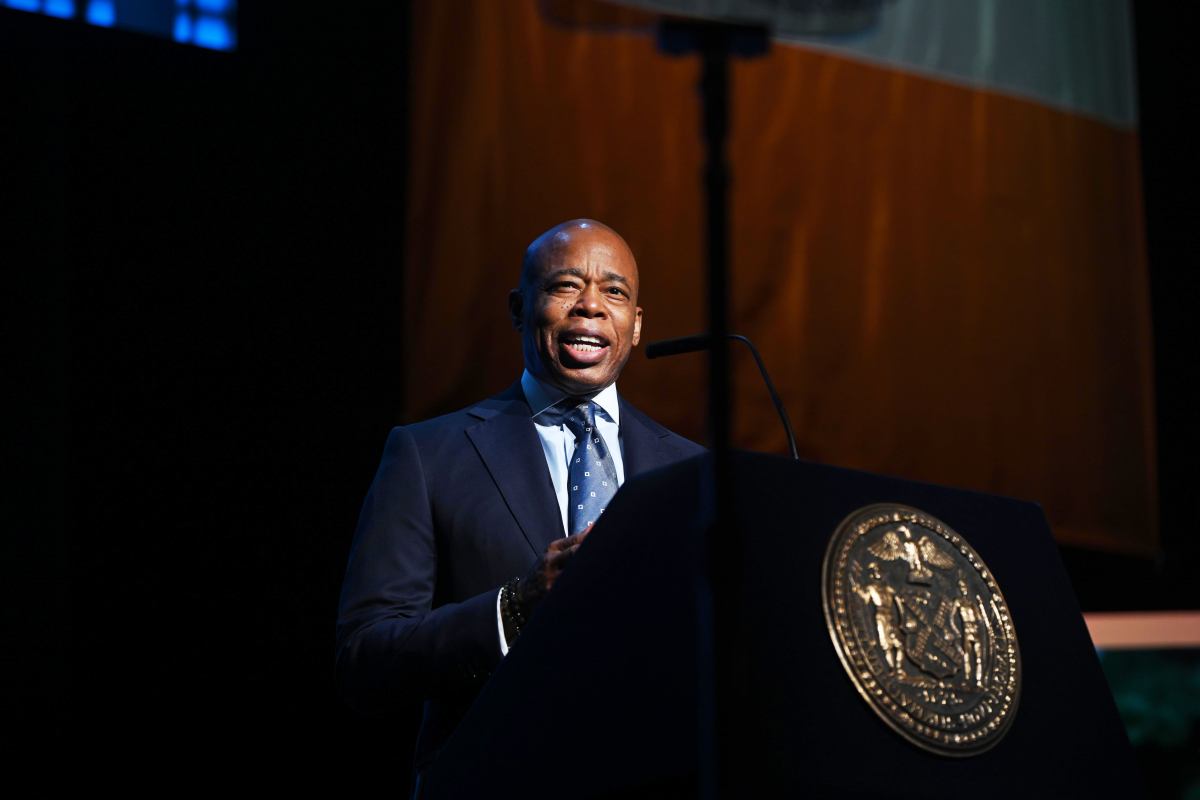WASHINGTON (Reuters) – The Pentagon’s inspector general on Wednesday said it could not determine whether the White House influenced the award of a $10 billion contract to Microsoft Corp <MSFT.O> over Amazon <AMZN.O> after several officials said their conversations were privileged “presidential communications.”
Known as Joint Enterprise Defense Infrastructure, or JEDI, the cloud computing contract is intended to give the military better access to data and technology from remote locations.
“We could not definitively determine the full extent or nature of interactions that administration officials had, or may have had, with senior DoD officials regarding the JEDI Cloud procurement because of the assertion of a ‘presidential communications privilege,'” the report said, referring to the Department of Defense by its acronym.
Amazon, originally considered to be the favorite to win the award, has blamed President Donald Trump for bias against the company and for improperly pressuring the Pentagon.
The report said “we could not be certain whether there were any White House communications with some DoD officials which may have affected the JEDI procurement,” adding investigators did not find any evidence of a DoD official acting for the White House to influence the process.
The report leaves open the question of whether Trump improperly influenced one of the most closely watched procurement contracts given its size and the high-profile nature of the bidders.
The Defense Department said the report “should finally close the door on the media and corporate-driven attacks on the career procurement officials” involved with JEDI.
However, Democrat Jack Reed, the ranking member of the Senate Armed Services Committee, called the report “troubling and incomplete” and said, “it offers yet another example of the president’s efforts to inappropriately pressure federal agencies.”
A spokesman for Amazon Web Services said the “White House’s refusal to cooperate with the IG’s investigation is yet another blatant attempt to avoid a meaningful and transparent review of the JEDI contract award.”
The company added “it’s clear that this report couldn’t assess political interference because several DoD witnesses were instructed by the White House not to answer the IG’s questions about communications between the White House and DoD officials.”
In a blog post on Wednesday, a Microsoft official said Amazon’s pricing was key to its defeat, in contrast to the government bias Amazon is claiming.
“Now it wants a re-do,” said Jon Palmer, deputy general counsel at Microsoft. “That’s not good for our war-fighters. That’s not good for confidence in public procurement. That’s not good for anybody but Amazon.”
The White House did not respond to requests for comment.
Amazon filed a lawsuit in November, weeks after the contract was awarded to Microsoft. Amazon has said the Defense Department’s decision to give the contract to Microsoft was full of “egregious errors,” which were a result of “improper pressure from President Donald Trump.”
Trump, who has publicly derided Amazon head Jeff Bezos and repeatedly criticized the giant online retailer, has accused the Washington Post, owned by Bezos, of unfair coverage.
Defense Secretary Mark Esper has rejected that there was bias and said the Pentagon made its choice fairly and freely without external influence.
In the inspector general’s report, former Defense Secretary James Mattis was specifically asked about an excerpt from his former staff member’s book that said the president told Mattis to “screw Amazon” out of a chance to bid on the JEDI cloud contract.
Mattis told the inspector general that he “cannot confirm” the former staff member’s account and added, “I don’t recall the president’s words on this (JEDI),” the report said.
The report also substantiated an allegation of ethical misconduct on the part of a Pentagon employee involved in the procurement process.
The employee failed to disclose that he was negotiating a job with Amazon while working on JEDI. He eventually was hired by Amazon.
But the report said that, given the employee’s minimal contributions to the JEDI procurement process, the ethical misconduct did not influence the outcome.
(Reporting by Chris Sanders; additional reporting by David Shepardson, Nandita Bose and Jeffrey Dastin; Editing by Jonathan Oatis, Sonya Hepinstall and Jane Wardell)



























